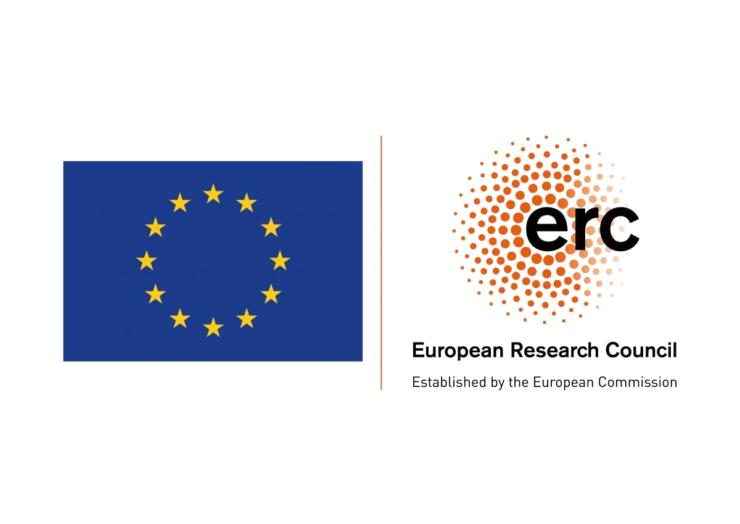Blog/Events
Forensic anthropology, culture and political activism: Talk by visiting scholar prof. Željana Tunić on 16 Feb.
On 16 and 17 February 2023 we will have the pleasure to welcome visiting scholar prof. dr. Željana Tunić, who is professor of Slavic Cultural Studies at the Martin-Luther-Universität Halle-Wittenberg. Together with the Utrecht Forum for Memory Studies and the ERC-funded project Remembering Activism: The Cultural Memory of Protest in Europe (ReAct), led by prof. Ann Rigney, the FORCE project organizes a talk by Prof. Dr. Željana Tunić on 16 February from 13.30-15.00, at Drift 21, room 0.05 (Sweelinckzaal) in Utrecht.
The title of her talk is: Protest Movement “Justice for David” in Bosnia and Herzegovina. Between Private Forensic Investigation, Public Mourning and Political Activism
Description:
The death of one student under unclear circumstances in the northern Bosnian city of Banja Luka gained public resonance after the father of the deceased privately initiated a forensic investigation showing the lack of the rule of law in Bosnia and Herzegovina. The public assembly of family and friends, combined with the mourning rituals, transformed over a few weeks into mass protests that soon became an international symbol of the struggle against political and social injustice in Bosnia and Herzegovina’s post-war society. The lecture examines “the transformation of mourning into […] a political message” (Weigel 2019, 25) and aims to open up a discussion about its emancipative potential. It argues that publicly articulated grief can easily get a “form of political performativity” and become a demand for “livable life,” questioning political order whose conditions enable violent dying (Butler 2015, 73).
This talk is part of Željana Tunić’s new research project ‘Forensic Knowledge Cultures in Eastern Europe. Materiality, Imagination, Mobilization’.
The project researches forensic practices of excavation and the cultural handling of mass graves from the Second World War and from the post-Yugoslav and post-Soviet wars. A central question of this project is which potential for political mobilization is offered by forensic examination and presentation of human remains. Taking a transdisciplinary perspective, the project aims to discuss the relationships between material culture and cultural imagination, between individual mourning, ritualization, and political mobilization and between fictional and factual narratives.


